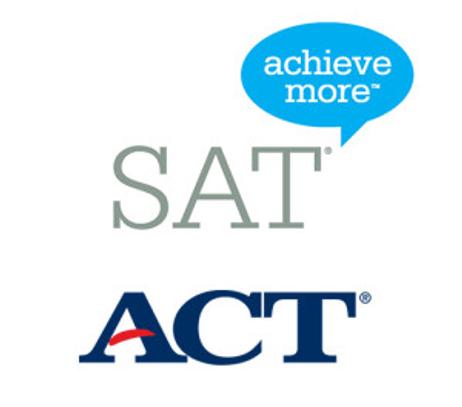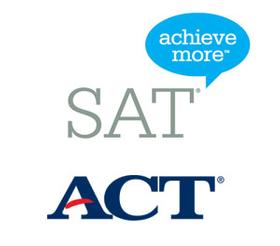As you evaluate private high schools, review the kind of standardized college admissions tests on which they base their curricula and teaching. College admissions tests play a significant role in the admissions process, providing colleges and universities with standardized measures of academic preparedness. This article aims to delve into the similarities and differences between the three prominent college admissions tests: SAT (Scholastic Assessment Test), ACT (American College Testing), and CLT (Classic Learning Test).
Test Structure and Format
The SAT is a widely recognized college admissions test the College Board administers. It consists of sections in Reading, Writing and Language, Math, and an optional Essay. The SAT is scored on a scale of 400-1600, with an additional essay score (if taken). The test allows approximately 3 hours without the Essay and 3 hours and 50 minutes with the Essay.
The ACT, developed by ACT, Inc., consists of sections in English, Math, Reading, Science, and an optional Essay. The ACT is scored on a scale of 1-36, with an additional essay score (if taken). The test allows approximately 2 hours and 55 minutes without the Essay and 3 hours and 35 minutes with the Essay.
The CLT, offered by the Classic Learning Test organization, features sections in Verbal Reasoning, Grammar/Writing, Quantitative Reasoning, and an optional Essay. The CLT is scored on a scale of 0-120, with an additional essay score (if taken). The test allows approximately 2 hours and

















